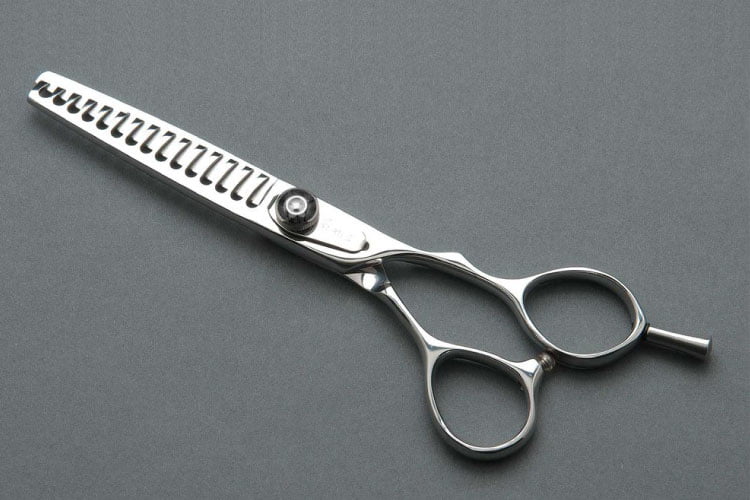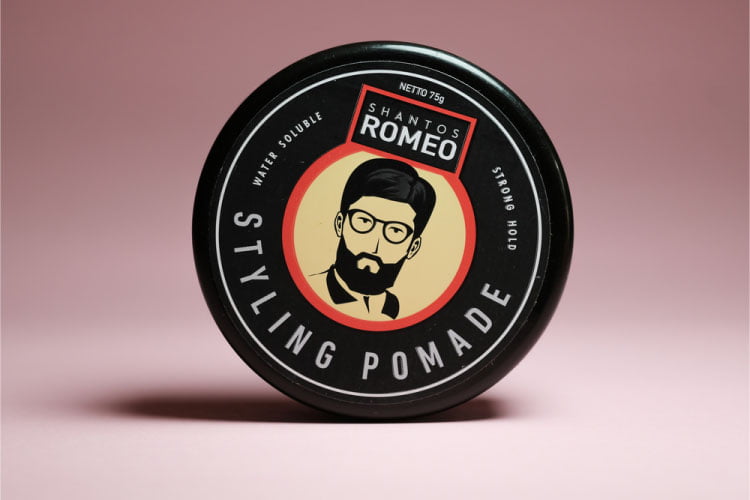Last Updated on May 24, 2023 by David Eisenman
Sleeping with long hair can lead to a lot more than just bad hair. Over time, your sleep habits can contribute to hair breakage or other forms of damage.
No matter your hair type or whether you have color-treated hair or chemically straightened hair, you will find some tips on How To Protect Hair While Sleeping?
How to protect hair while sleeping if you sleep with long hair?
Here are a few proven methods to protect your hair while you sleep. These methods focus on products that can be applied overnight and styling strategies to prevent breakage. The environment (moisture levels, etc.) will also affect the health of your hair.
How to protect your hair while Sleeping on a pillow?
Sleeping on a pillow that’s filled with untreated thread can cause frizz and break. The excessive movement caused by tossing and turning in bed can also lead to hair damage.
Sleeping on satin or silk pillowcases will reduce the amount of friction on your hair, reducing stretch from skin and wrinkles caused by aging. Silk and satin are natural and cool fibers, If you compare them to cotton it may cause more irritation to the skin.
Also Read: How To Oil Hair Clippers?
Change shower time
To keep hair from being dry and tangled, end your shower with colder water then blast dry the hair just before bed.
Better to cover your hair while sleeping
You can protect your freshly styled hair from damage by using a scarf or wrap at night. The type of material you use depends on the type of hair that you have, but both silk and satin reduce frizz, which is what causes your hair to tangle.
By hitching in stray pieces and keeping your hair clear of body sweat and humidity, you are reducing any frizz on your hair.
Sleeping with your hair wrapped will make the morning easier if you have either straight or curly hair. This can be helpful for those with natural waves in their locks. All you have to do is bobby pin it before sleep, brush it out in the morning, and voila! The best part about this tip is that you can store bobby pins anywhere on your bedding and they’ll still work.
Clean your hair with a brush before bed
The best way to combat frizz and matted hair is by brushing out snarls or tangles before sleeping. Brush your hair with a paddle brush or a wide-toothed comb, depending on your hair type, before bed.
Swerve heat and use scrunchies to avoid damage
Elastic hairbands add stress to your hair, causing it to frizz and break easier. They may seem like a good option when you’re tying your hair up for the evening, but in reality, they just cause more problems.
Instead of pulling your hair back all the time, use a fabric scrunchie that is made with silk or satin. This will give your hair a break from any friction and you’ll be less likely to wake up with visible “dents” in your hair where it was pulled back, saving you a good amount of time while styling your hair.
The essential oils for ends
Sleeping every night can damage your hair by leaving it tangled and breaking strands. Even if you sleep on your back, care should be taken to not tangle your hair too tightly.
To prevent split ends, apply your essential oils to the hair before bedtime.
Almond oil or Coconut oil are all great places to start.
1) Put your hair in a braid and secure it with a fabric scrunchie.
2) warm a few drops of the oil between your hands by rubbing them together.
3) only use a tiny bit.
4) Apply the oil to the tips of your hair and focus on the ends of individual strands.
How to sleep on your hair with limited damage
If your hair is frizzy, dry, and difficult to tame, try using a leave-in conditioner with protein or keratin before you go to sleep. This will strengthen your strands while you’re sleeping.
If you have sensitive skin, an SPF won’t make a noticeable difference. If you have oily hair, you might benefit from a lighter formulation of conditioner.
Effect of sleeping with braids
Fewer tangles are likely to occur for those who braid their hair before going to bed. All types of braids can be done, like single braids, small braids, and even a French braid for more detail.
For extra protection, you can wrap a braid around your head and secure it with a scrunchie.
Use a hair serum to Prevent Damage to Your Hair During Sleep
To tame frizzy hair, you can use lightweight hair serum overnight. You may also want to try using a mask that’s safe to apply over your hair overnight. Remember not to use products that will make your hair wet or expand the follicles in your hair. You just want to add and lock in moisture without adding weight or friction.
Avoid using anything with an acidic component (citric acid or apple cider vinegar) as they are not safe to keep in your hair for more than 6 hours. Also, avoid heavy protein additives like eggs which can weigh down your hair, making it more likely to break. Choose botanical products that can seal in shine and stimulate your scalp so it is easy to brush through in the morning.
Turning on the fan or humidifier in your bedroom can protect hair
The heat can have a negative effect on your hair. To avoid waking up with moist hair, keep the air current moving in your room. You may also consider using a humidifier to add more moisture back into the air of your bedroom.
Should your hair be up or down while sleeping?
If you want to keep your hair healthy, it’s best to tie it back when you sleep so that it doesn’t get tangled and sweaty. Sleeping with your hair down may sound pretty, but the reality is that if you do this you’ll probably wake up with a messy head.
Your hair should be styled in a way that prevents breakage and entanglement, but not so tightly that the tension on your scalp puts pressure on it.
Tips for wearing your hair while sleeping
- A knot tied at the top of your head with a hair tie
- One or more bundling techniques for your hair while you sleep.
- DO hair wrapped or wear a headscarf
- Get hair protection tips from a hairstylist
The Things You Would not Do To Your Hair While Sleeping
If you have long hair, it’s especially important to secure it at night. You also need to be careful with what you do with your hair while you sleep; brushing it too much and using conditioner so that it doesn’t dry out.
When you sleep in a ponytail, the tightness of your hair pulls on your scalp and can cause soreness or damage. It also makes it more likely for hair to overheat by trapping heat against your head.
You should avoid metal clips or elastics and do invest in an option that is more sleep-friendly, not just aesthetically pleasing.
Wet hair can cause you to sleep with your head tilted, which can lead to sinus problems. If you can’t avoid having wet hair, at least brush or blow dry it and secure it before going to bed.
You May Also Like: Best Cordless Hair Clippers
The Last words
How To Protect Hair While Sleeping, you can try a few options. Try one tip and see what works for you. Consider your hair type and any damage it may have taken from chemicals. Talk to a hairdresser about what they recommend depending on what you want.



